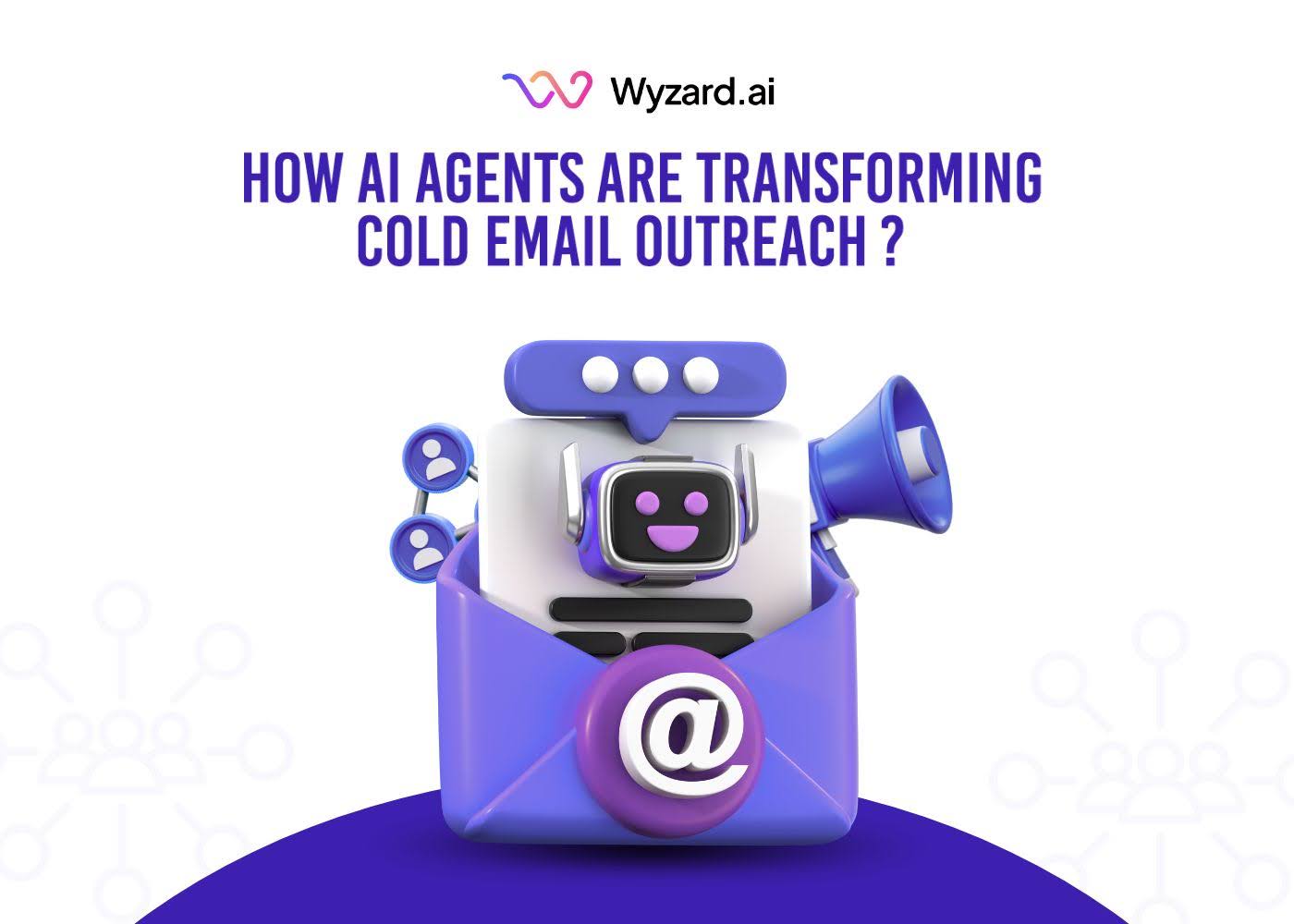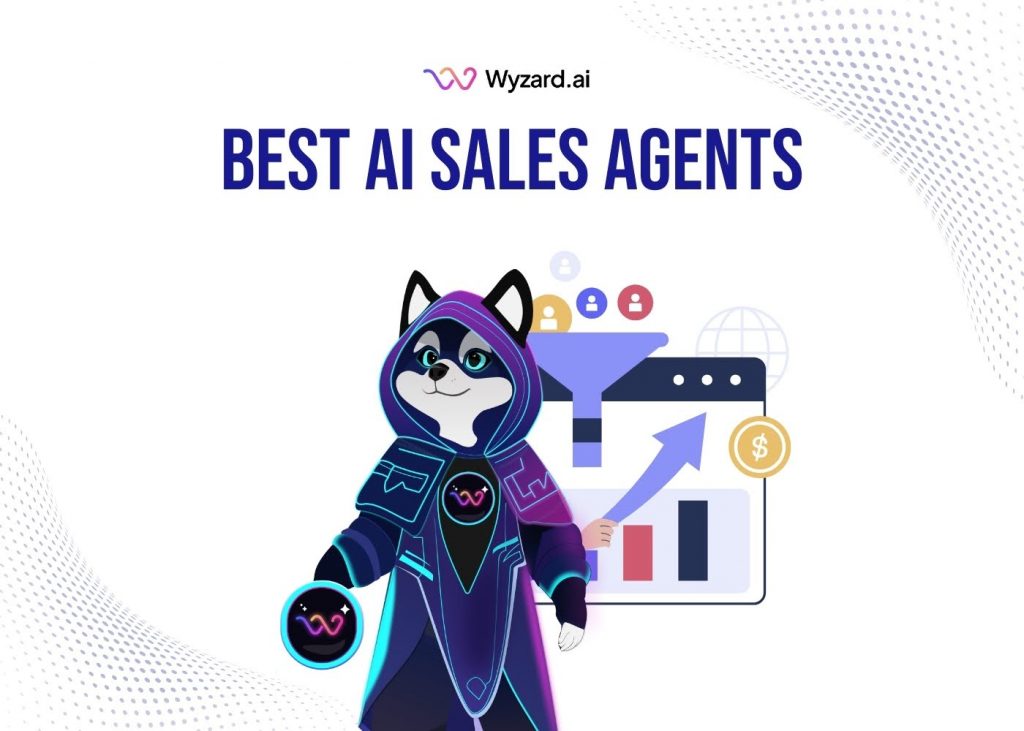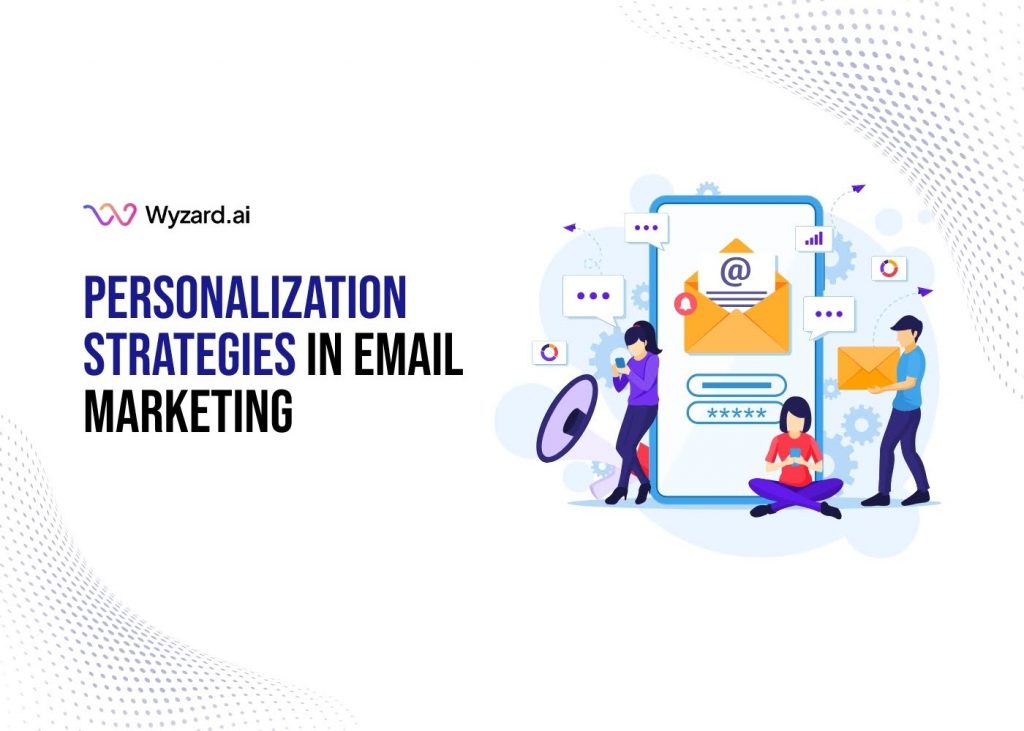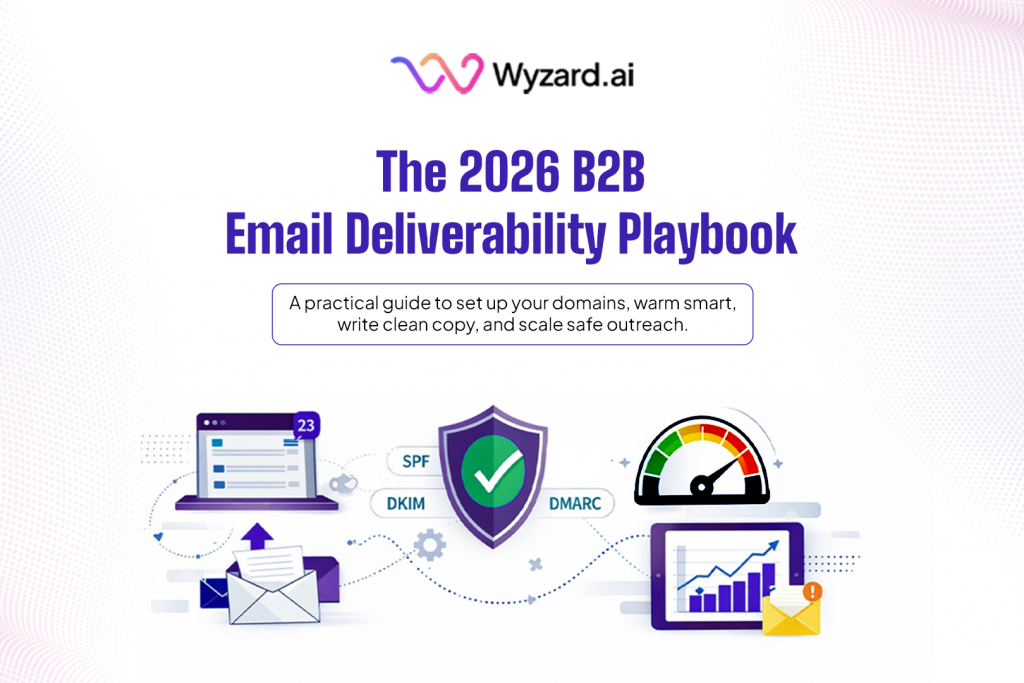Sales teams lose deals every day because buyer signals get buried in disconnected tools. Someone downloads your pricing guide ...

Subscribe Now
Cold email outreach has reached a crossroads. Traditional methods are failing, response rates are plummeting, and marketing teams are drowning in manual tasks. Enter AI email agents, intelligent systems that are revolutionizing how B2B SaaS companies connect with prospects and drive revenue growth.
The challenge isn’t just about sending more emails. It’s about sending the right message at the right moment to the right person. AI agents for email are changing this game by bringing intelligence, timing, and personalization together in ways that were impossible just a few years ago.
Why Traditional Email Marketing Falls Short with AI Agent Email Solutions
Most marketing teams struggle with the same fundamental problems. They send generic messages that feel robotic, miss critical timing windows, and fail to capture buyer intent when it matters most. Traditional email platforms treat every prospect the same, regardless of where they are in their buying journey or what signals they’re showing.
AI email agents solve this by acting as intelligent orchestrators. Instead of blasting the same message to everyone, these systems analyze buyer behavior, detect intent signals, and craft responses that match exactly what each prospect needs to hear. When someone downloads your whitepaper at 2 AM, an email AI agent can send a perfectly timed follow-up that feels personal and relevant.
The difference is profound. Where traditional email marketing operates on assumptions, AI agents operate on real-time data and behavioral insights.
How Email AI Agents Actually Work in Revenue Generation
Think of an AI agent for email marketing as your 24/7 marketing analyst and copywriter combined. These systems continuously monitor prospect behavior across multiple touchpoints, website visits, content downloads, email opens, and engagement patterns. When they detect signals, they automatically trigger personalized email sequences that match the prospect’s current stage and interests.
Here’s what makes them different from basic automation. Traditional email sequences follow rigid if-this-then-that logic. AI email agents adapt in real-time. If a prospect suddenly starts researching your competitors, the agent adjusts its messaging to address comparison questions. If someone spends time on your pricing page, it knows to focus on value propositions rather than awareness content.
Intelligence extends to timing, too. Instead of sending emails based on arbitrary schedules, AI agents for email analyze when each prospect is most likely to engage. This means higher open rates, better response rates, and more qualified conversations.
The Revenue Impact: What AI Agent Email Systems Deliver
| Traditional Email Marketing | AI Email Agent Approach |
| Generic templates for all prospects | Dynamic personalization based on behavior |
| Fixed sending schedules | Optimal timing per individual |
| Manual list segmentation | Real-time intent-based targeting |
| Reactive follow-ups | Proactive signal detection |
| One-size-fits-all messaging | Context-aware conversations |
The results speak for themselves. Companies using AI agents for email marketing report significant improvements in engagement metrics and pipeline quality. More importantly, they’re able to scale personalized outreach without adding headcount, a critical advantage for growing SaaS companies operating with lean teams.
What’s particularly powerful is how email AI agents connect with broader revenue operations. They don’t just send better emails; they feed intelligence back to sales teams about which prospects are warming up and ready for conversations.
Choosing the Right AI Agent for Email Marketing Success
Not all AI email agents are created equal. The best solutions integrate seamlessly with your existing tech stack and understand the nuances of B2B SaaS buyer journeys. Look for systems that can connect multiple data sources, your CRM, marketing automation platform, website analytics, and customer data.
Key capabilities to evaluate:
- Real-time behavioral analysis and signal detection
- Dynamic content personalization based on buyer stage
- Multi-channel orchestration across email, web, and social
- Seamless integration with your existing sales and marketing tools
The most effective AI agents for email don’t operate in isolation. They work as part of a connected system that captures buyer signals from every touchpoint and orchestrates appropriate responses across all channels.
Implementation considerations:
- Data quality and integration requirements
- Team training and adoption strategies
- Measurement frameworks for success tracking
- Compliance with data privacy regulations
Signal-to-Revenue: The Future of Intelligent Email Marketing
The next evolution in email marketing goes beyond just AI-powered messaging. It’s about creating systems that capture every buying signal and convert them into revenue opportunities instantly. This is where platforms like Wyzard.ai are leading the charge.
Wyzard.ai positions itself as “The Signal-to-Revenue AI,” focusing on capturing buyer signals instantly and orchestrating automated responses across tools and channels. When a prospect shows intent, whether through email engagement, website behavior, or content consumption, Our AI email agent capabilities ensure no signal goes unnoticed and every opportunity gets the right follow-up.
The platform’s approach goes beyond traditional email automation. It connects scattered buyer signals from multiple touchpoints and triggers coordinated responses that feel natural and timely. This means when someone engages with your content, they don’t just get a generic email; they get a response that acknowledges their specific interests and moves them forward in their buying journey.
Getting Started: Your AI Email Agent Implementation Roadmap
Success with AI email agents requires strategic thinking, not just tool deployment. Start by auditing your current email performance and identifying the biggest gaps in your buyer journey. Where are prospects dropping off? Which messages get the best response rates? What timing patterns work best for your audience?
Next, map out your buyer signals. What actions indicate someone is moving from awareness to consideration? How do you currently handle hand-offs between marketing and sales? An effective email AI agent strategy builds on this foundation, automating and improving processes you already understand.
The implementation itself should be gradual. Begin with high-value use cases, perhaps warming up trial users or re-engaging inactive prospects. As you see results and build confidence, expand to more sophisticated scenarios like competitive displacement or expansion opportunities.
Most importantly, maintain human oversight. AI agents for email marketing are powerful, but they work best when combined with human strategy and intuition. The goal isn’t to replace human creativity but to amplify it at scale.
Measuring Success: Beyond Open Rates to Revenue Impact
Traditional email metrics tell only part of the story. While open rates and click-through rates matter, the real measure of AI email agent success is revenue impact. Focus on pipeline metrics, how many qualified opportunities are generated, how quickly prospects move through stages, and ultimately, how much revenue can be attributed to AI-enhanced email engagement.
Track behavioral changes, too. Are prospects spending more time on your website after AI agent interactions? Are they downloading more content? Moving faster from first touch to sales conversation? These indicators often predict revenue outcomes better than traditional email metrics.
The most sophisticated measurement approaches connect email engagement to broader buyer journey analytics. When an AI agent for email marketing triggers a response, what happens next? Do prospects book demos? Request trials? Engage with sales? This holistic view helps optimize the entire revenue generation process, not just email performance in isolation.
Ready to Turn Every Signal into Revenue?
Your prospects are showing buying intent right now. The question is: are you catching these signals and responding fast enough? Most marketing teams miss critical moments because they’re stuck with manual processes and disconnected tools.
Wyzard.ai changes this equation. As the Signal-to-Revenue AI, Wyzard captures buyer signals instantly and orchestrates intelligent responses across all your channels. No more lost opportunities. No more delayed follow-ups. Just automated, contextual engagement that turns every buying moment into a revenue opportunity.
Start capturing signals that convert. Connect with Wyzard.ai and see how intelligent email agents can accelerate your pipeline without scaling your team.
Frequently Asked Questions
Q: How do AI email agents differ from regular email automation platforms?
Regular email automation follows rigid sequences based on basic triggers like time delays or single actions. AI email agents analyze multiple behavioral signals in real-time, adapt messaging based on buyer stage, and personalize content dynamically. Instead of sending the same email to everyone who downloads a whitepaper, an AI agent considers their website behavior, engagement history, and current intent to craft relevant responses.
Q: Can AI agents for email marketing integrate with existing CRM and marketing tools?
Yes, modern AI email agents are built for seamless integration. They connect with popular CRMs like HubSpot and Salesforce, marketing automation platforms like Marketo, and analytics tools to create a unified view of prospect behavior. This integration allows the AI to pull data from multiple sources and trigger coordinated actions across your entire tech stack.
Q: What kind of ROI can companies expect from implementing email AI agents?
While results vary by company size and industry, most B2B SaaS companies report improved email engagement rates, faster lead qualification, and higher pipeline velocity. The biggest impact often comes from capturing opportunities that would otherwise be missed, prospects who show intent outside business hours or engage with multiple touchpoints simultaneously.
Q: Are AI email agents compliant with data privacy regulations like GDPR?
Reputable AI email agent platforms prioritize compliance with major privacy regulations. They typically include features for consent management, data retention controls, and audit trails. However, companies should verify specific compliance requirements with their chosen platform and ensure proper data handling procedures are in place.
Q: How quickly can teams see results after implementing an AI agent for email marketing?
Most teams start seeing improved response rates within the first few weeks of implementation. However, AI agents become more effective over time as they collect more behavioral data and refine their personalization algorithms. Full optimization typically occurs within 60-90 days, depending on email volume and data quality.
Other blogs
The latest industry news, interviews, technologies, and resources.
Personalization Strategies in Email Marketing
Most B2B SaaS teams know generic email blasts don't work. But there's a wide gap between a first-name merge ...

2026 B2B Email Deliverability & Marketing Playbook
Email still drives B2B pipeline in 2026, yet inbox placement has gotten harder and deliverability now ties straight to ...

 We’ve secured funding to power Signal-to-Revenue AI to GTM teams globally. →
We’ve secured funding to power Signal-to-Revenue AI to GTM teams globally. →


